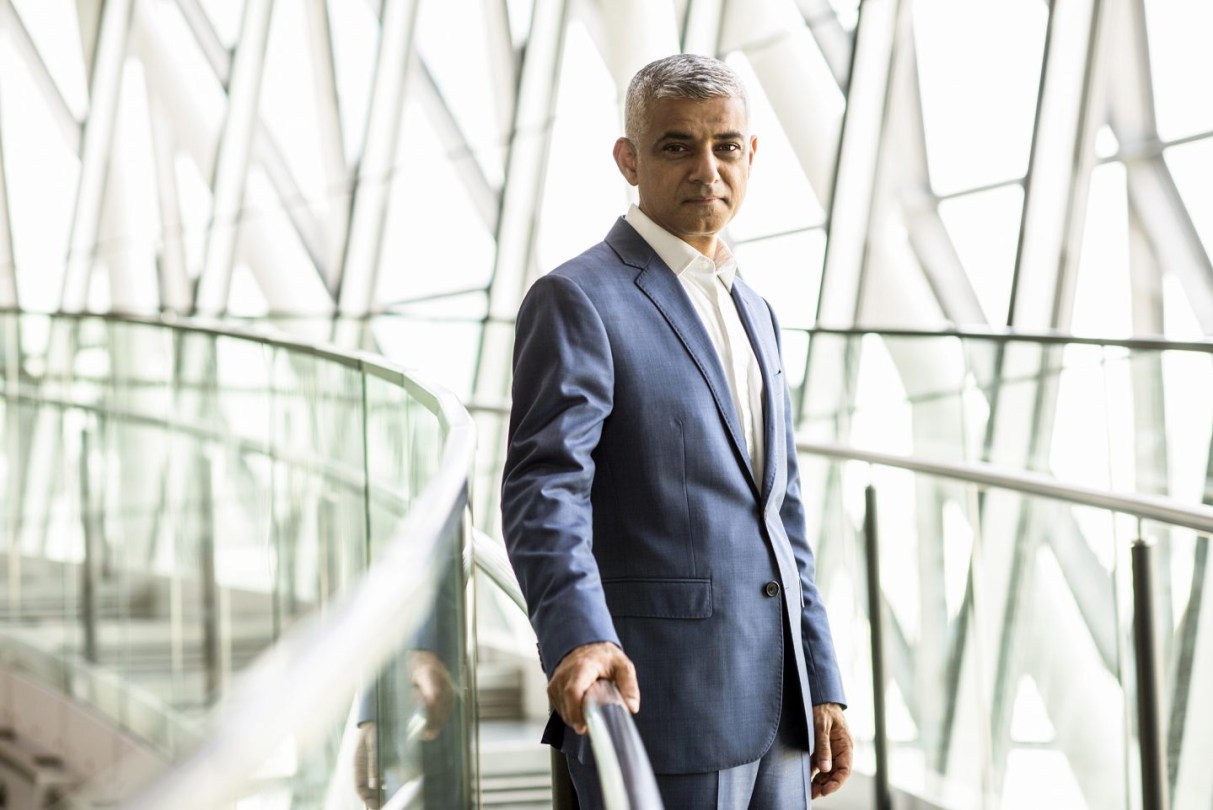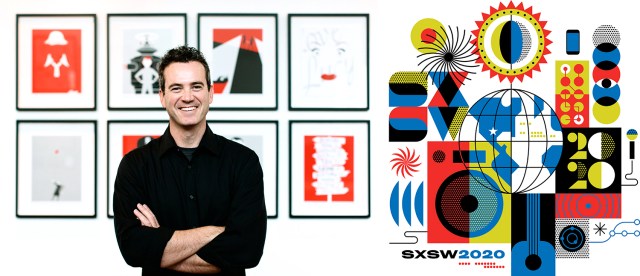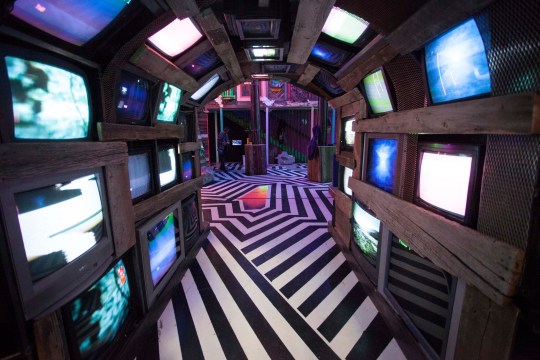But symbolism can only get you so far. A backdrop of political turmoil has at times overshadowed Khan’s agenda. First was the shock of the Brexit vote, a month after he took office, followed by the terror attacks at Westminster and London Bridge, and the Grenfell Tower fire. Khan has somehow found the right response to help the city heal, and a recent YouGov poll found that 58% of Londoners thought he was doing a good job.
“London is open,” he proclaimed in the wake of the vote to leave the European Union. Under Khan’s leadership, it seems that is truly the case. Not just open for business, but open-minded, liberal and tolerant. Khan’s London is a place where anything is possible for those who dream big and work hard. That vision is clear in the way he presents the city, and himself, to the world. In July, he became the first mayor to lead the city’s LGBT Pride parade, telling the crowd that those celebrations were the “best antidote” to terror and tragedy.
His determination to put the needs of Londoners first is evident in his effort to revive the city’s nightlife. Despite London’s reputation as a party capital, it has suffered a decade of decline. “London has lost a third of its grassroots music venues and half of its nightclubs,” says Khan. Gentrification is usually to blame, causing spikes in rents, property prices and local council restrictions. Khan understands the role nightlife plays in shaping a city’s DNA and the value (London’s night time economy is worth £26 billion) of letting people party.
From spearheading the much-delayed opening of the night tube subway — which served over nine million passengers in its first year — to fighting the closure of the famous fabric nightclub, Khan has committed to helping London “retain its status as a 24-hour city.” He even created the role of Night Czar, a post currently occupied by comedian, club-promoter and LGBT activist Amy Lamé. Her role, says Khan, is to “work with businesses, councils, developers, residents and workers to mediate, find solutions and protect London’s nightlife.”
The idea was inspired by similar schemes in Berlin and Amsterdam, both cities where after-dark culture thrives. Unlike her foreign counterparts, Lamé was directly appointed by the mayor, and together they have proved a formidable pair, including overseeing the scrapping of Form 696 — a risk assessment for events featuring DJs and MCs, which introduced in 2005 after a spate of shootings at club nights which Lamé says was used “in an allegedly racist way” by the police.
“I want to sweep away the view that it is the police versus partygoers,” says Lamé. “I know from working on the frontline of the night-time economy for over 20 years how easy it is to get into an oppositional mindset.”
This radical tone looks set to continue into 2018. The administration’s cultural priorities include a plan to protect London’s historic pubs, and legislation which will help venue owners and residents live side-by-side. The latter puts the responsibility for soundproofing residential properties on the developers erecting luxury flats, rather than the venues. Khan describes it as a “helpful tool” that will “ensure new homes can co-exist with current live music venues, nightclubs and pubs.”
“It’s important that people can enjoy going out, as well as getting a good night’s sleep,” says Lamé.
While he still has much to do to live up to the global hype sparked by his historic victory, when it comes to nightlife, Sadiq Khan clearly gets it. While you might not spot the mayor shimmying away at his local nightclub, Ministry of Sound, on a Saturday night, he is determined to help the British capital regain its party crown.
“All venues in the capital are under close watch, and there is now a team at City Hall who can look into any emerging threats,” he says. “The case of fabric shows why London needs a Night Czar — I hope we don’t ever get to that point with such an iconic institution again.”
Mayor Sadiq Khan was a Convergence Keynote Speaker at SXSW 2018, and you can watch below!




